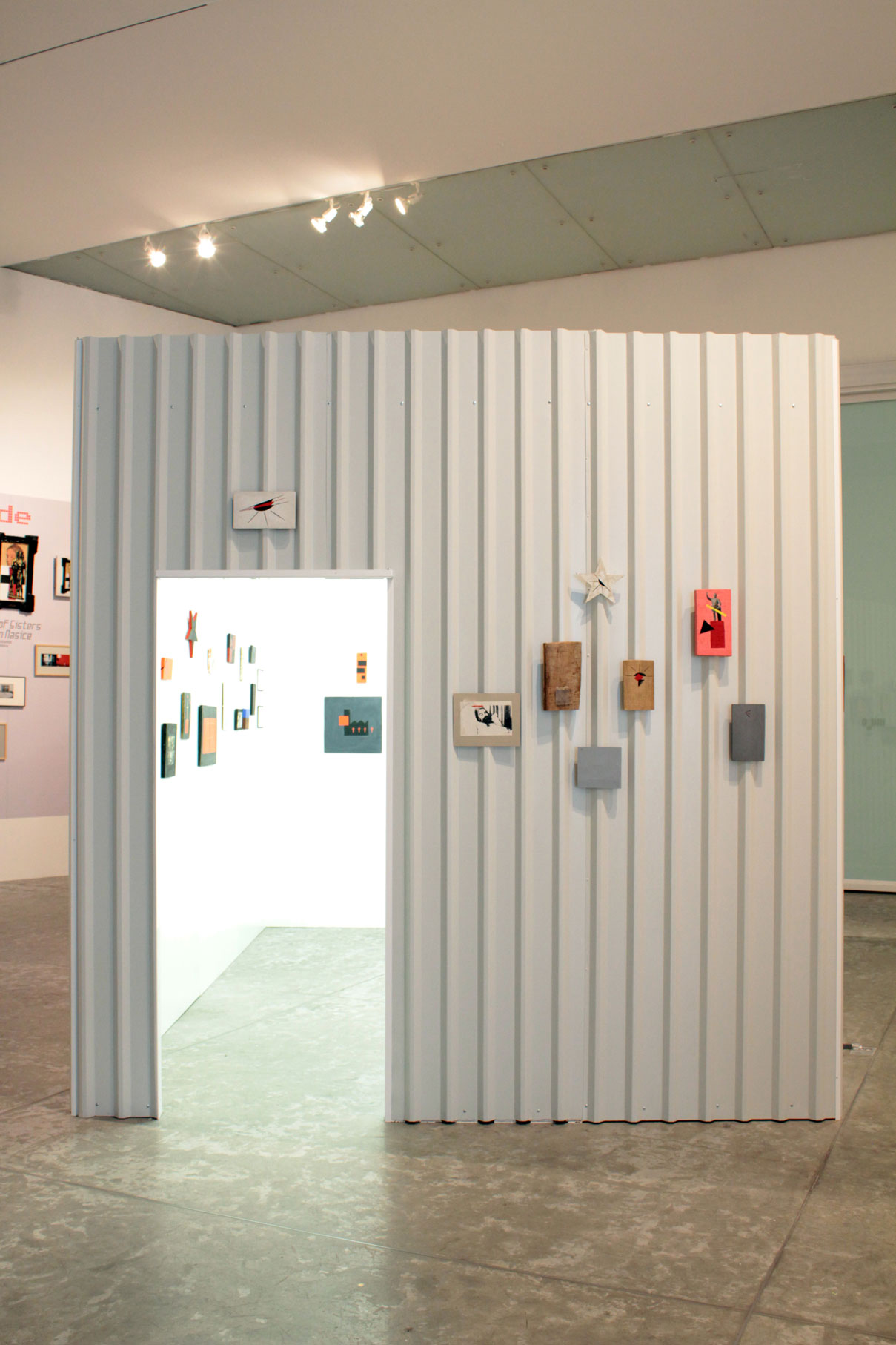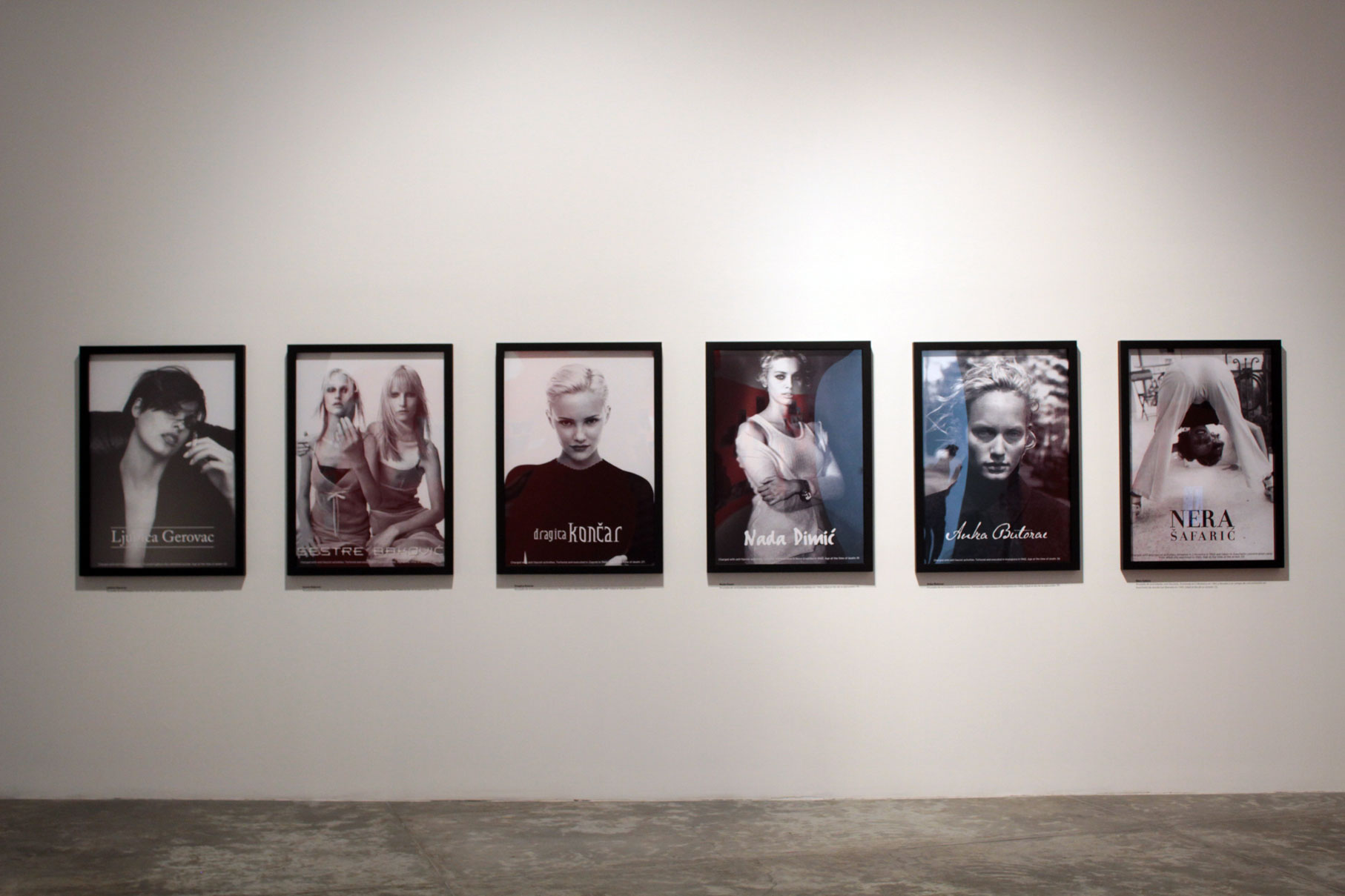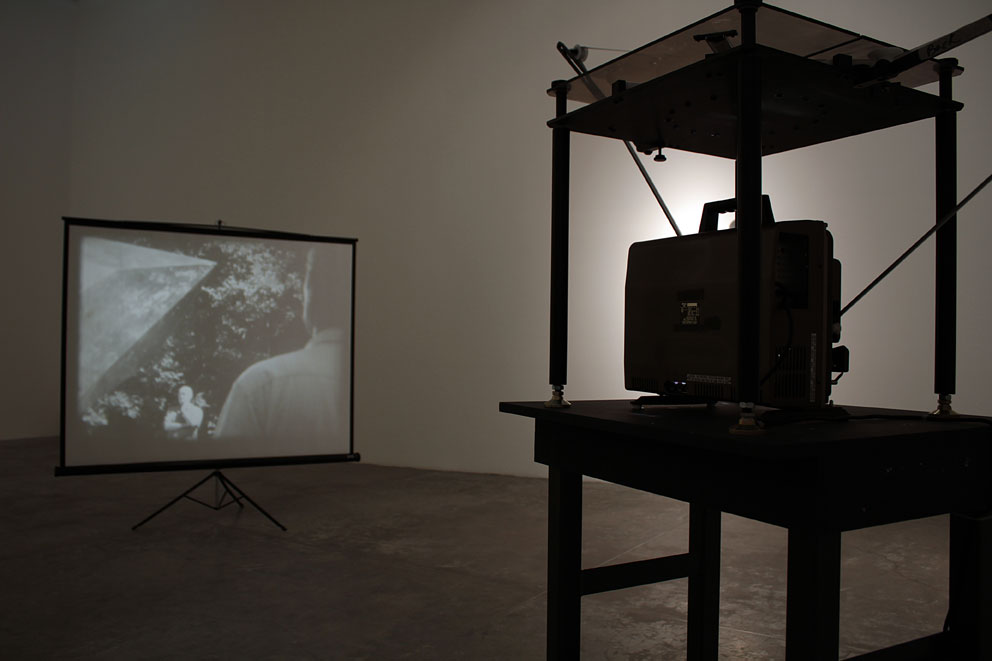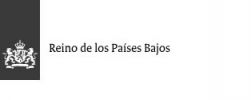Moving forward, counting backwards
Eastern Europe Palestra
This exposition wishes to appeal once again to the ideas that shaped the horizon of the 20th century, and through them, make the future of the ordinary be rethought, again. It tries to be a new way of approaching the question of whether history in fact went wrong, and how we can move forward and have a future beyond the individual, the corporate or the national.

Moving forward, counting backwards, reflects on how artists from different generations, mostly from former socialist countries of Eastern Europe, have struggled to overcome a fracture shaped by the radical changes that occurred during the twentieth century, and prepare roads to the future by remembering past revolutionary events, perpetuating the legacy of emancipatory ideas forgotten in time or have already been suppressed by official speeches.
In this show, some of the artists who began their practice in the 60's and 70’s, are working on the legacy of the historical vanguards either by deconstructing or empowering them through the promise of an art that can transform society. On the other hand, artists of a newer generation, remember instead the practices and ideas of the 60’s and 70’s to find the potential of merging art and life in this neo-liberal present or to build future utopias on the ruins of the past ones. Other studies question the notions of community and collectivity, either by testing the idea of the possibility of collective action, or investigating and instigating the power of activists and self-organized networks in the present.

A third group of works in the exhibition evoke relationships, memories and much more personal interpretations of past social events, traumatic or emancipatory, ranging from the anti-fascist Yugoslav struggle to the confrontation of personal complicity in past events.
Thus, the broadly inclusive theme of the exhibition revolves around the artistic and intellectual exploration of contemporary, social and political environments, through the perspective of historical progress. It tries to clarify the relationship between ideology, form, translation and time, focusing on the narratives of collective memory and the social impact of the invisible boundaries delineated by past and future expectations.

Artists: Chto Delat? (Rusia, 2003) y Vladan Jeremic, Collective Actions (Rusia, 1976), Gorgona (Croacia, 1959), Igor Grubic (Croacia, 1969), Tibor Hajas (Hungría, 1946), Irwin (Eslovenia, 1983), Sanja Ivekovic (Croacia, 1949), Július Koller (Eslovaquia, 1939), Andreja Kuluncic (Croacia, 1968), David Maljkovic (Croacia, 1973), Kazimir Malevich (Belgrado, 1986), Ahmet Ögüt (Turquía, 1981), Dan Perjovschi (Rumania, 1961), Anri Sala (Albania, 1974), Mladen Stilinovic (Croacia,1947), Nicoline van Harskamp (Países Bajos, 1975), Zelimir Zilnik (Serbia, 1942), Artur Zmijewski (Polonia, 1966), Vojin Bakic (Croacia, 1964-1992).
Curators: Ivana Bago y Antonia Majaca
Associate curator: Alejandra Labastida.
Publicación
Publication
Moving forward, counting backwards
Authors : Ivana Bago, Antonia Majaca
Language : Spanish & English
Editor: MUAC-UNAM
Price: $220









